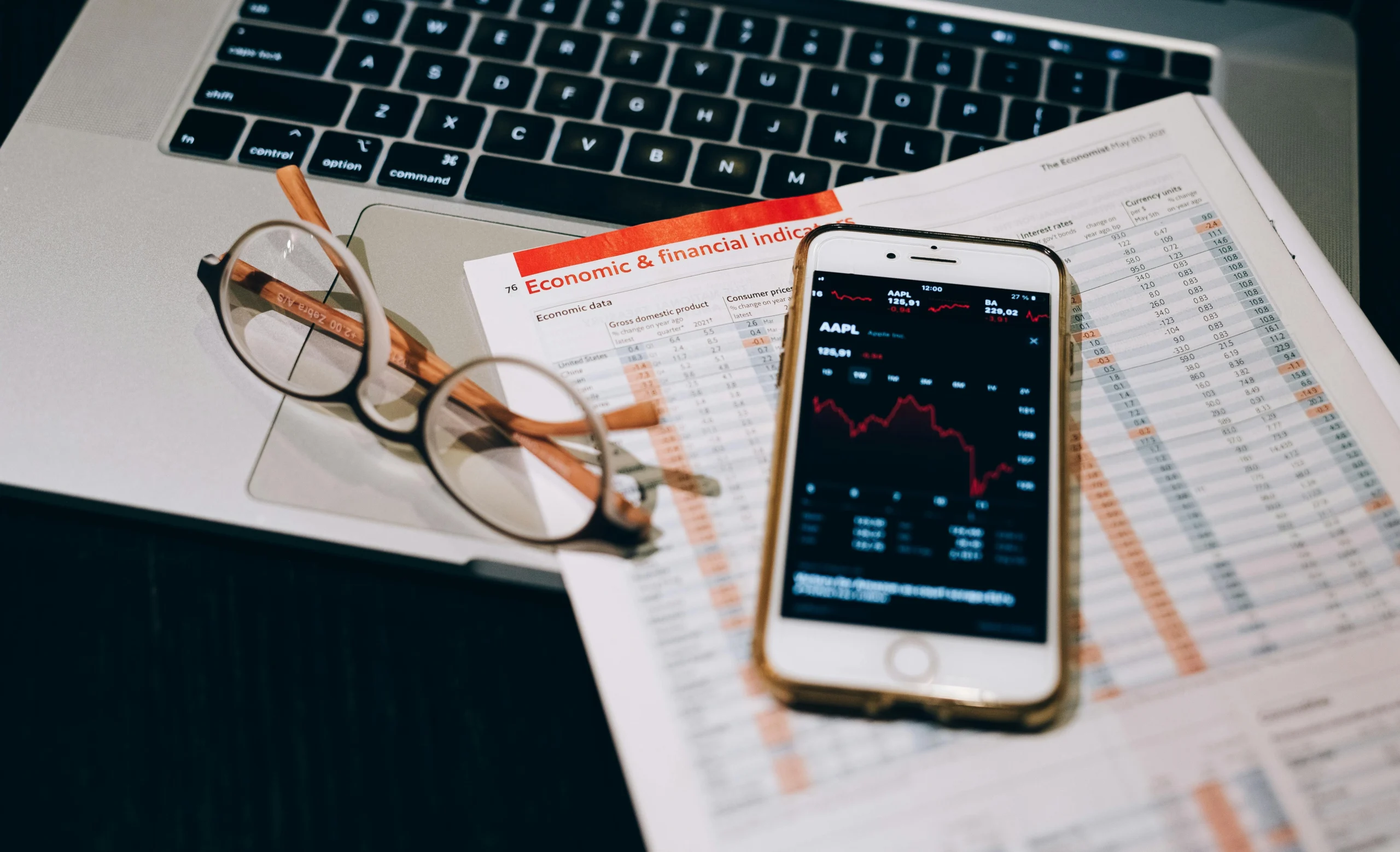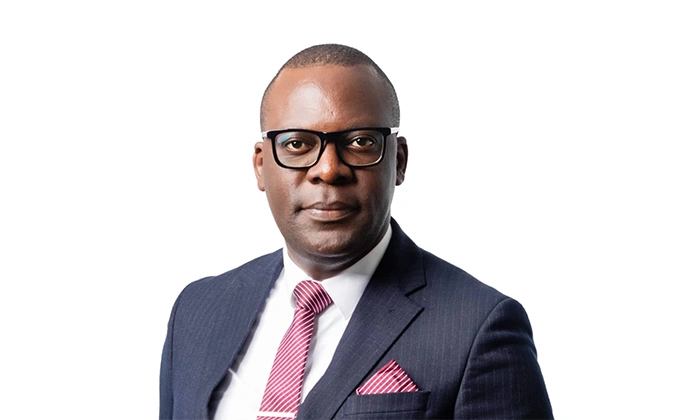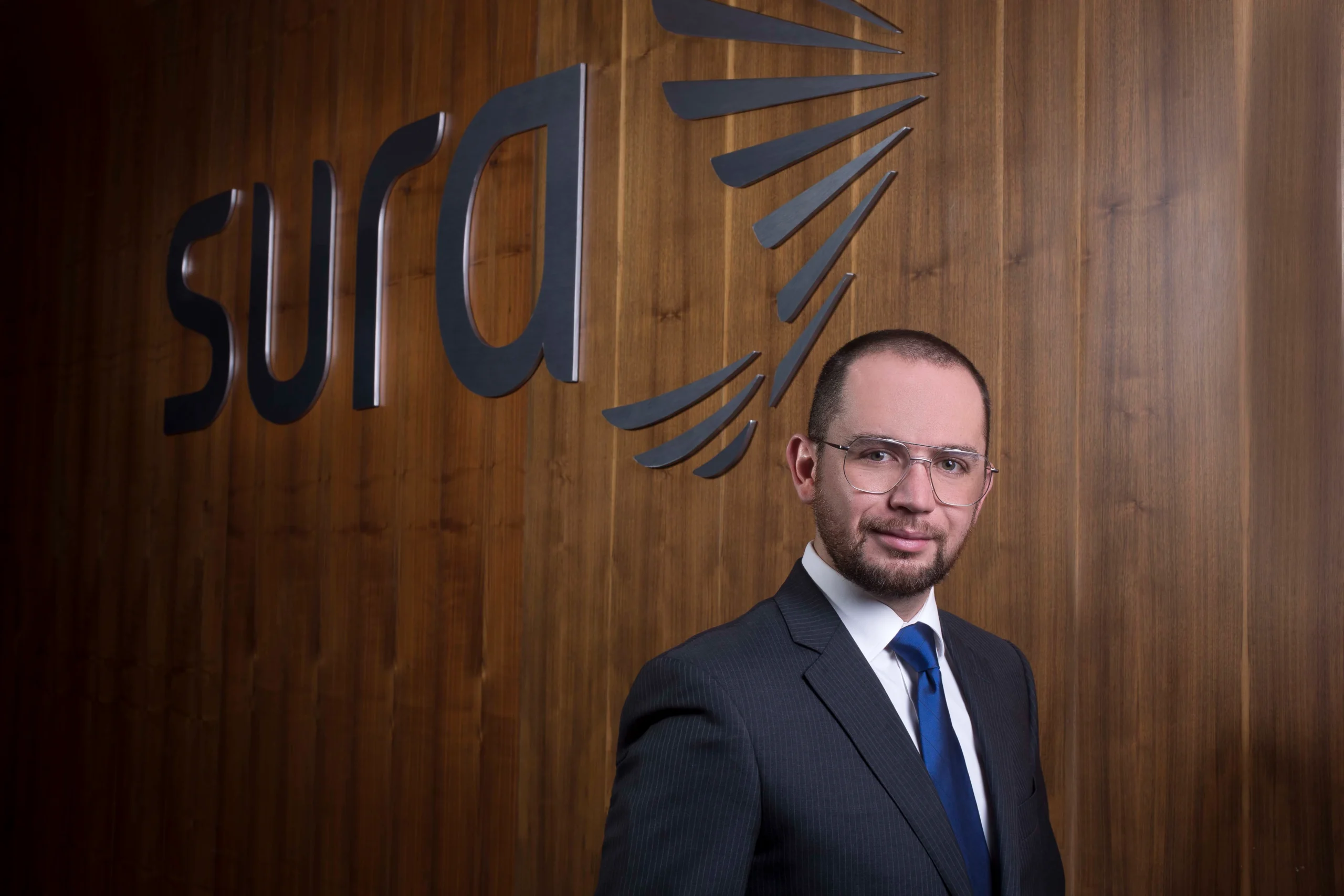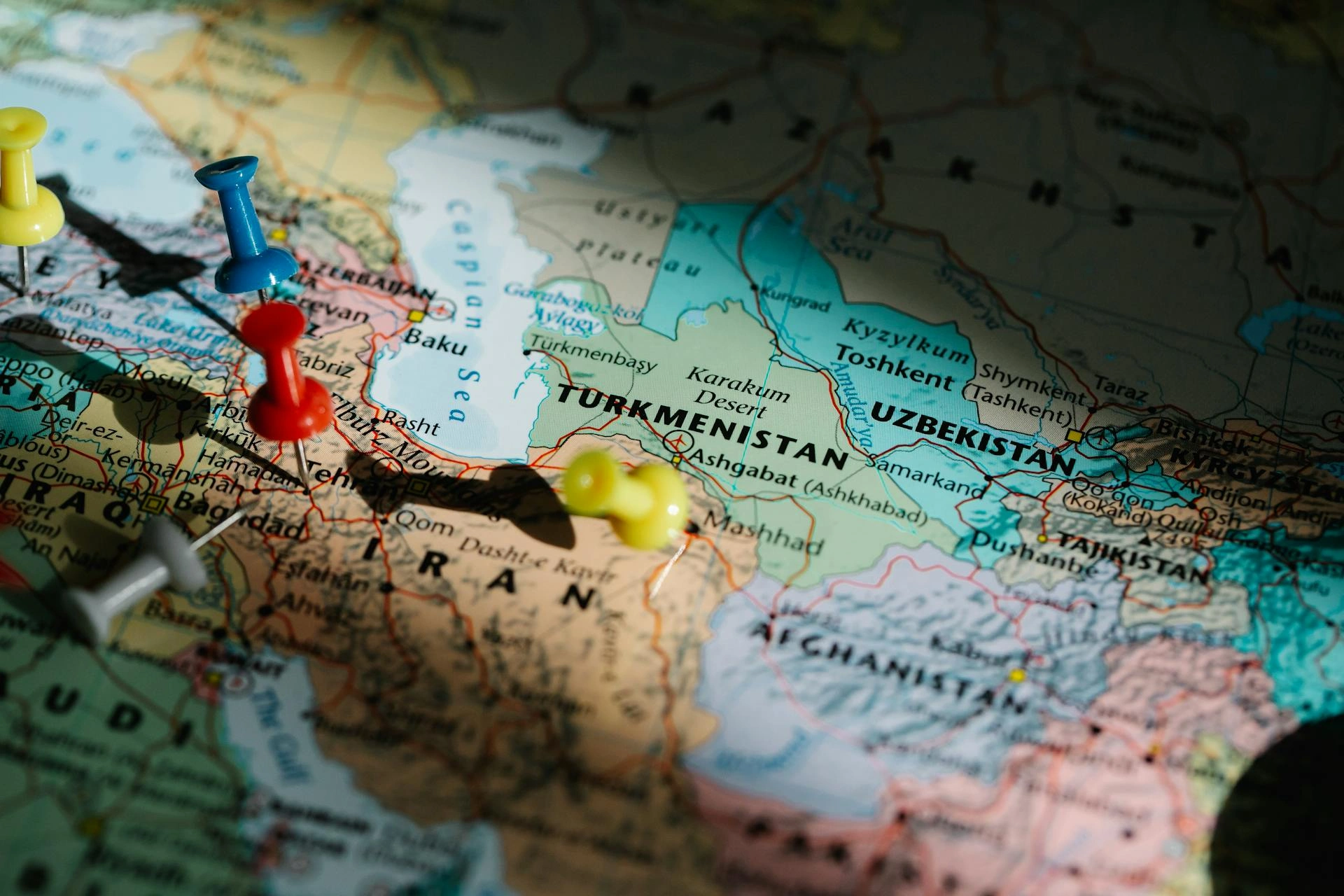World Economic Forum releases Global Risks Report 2021

John E. Kaye
- Published
- Banking & Finance, Home
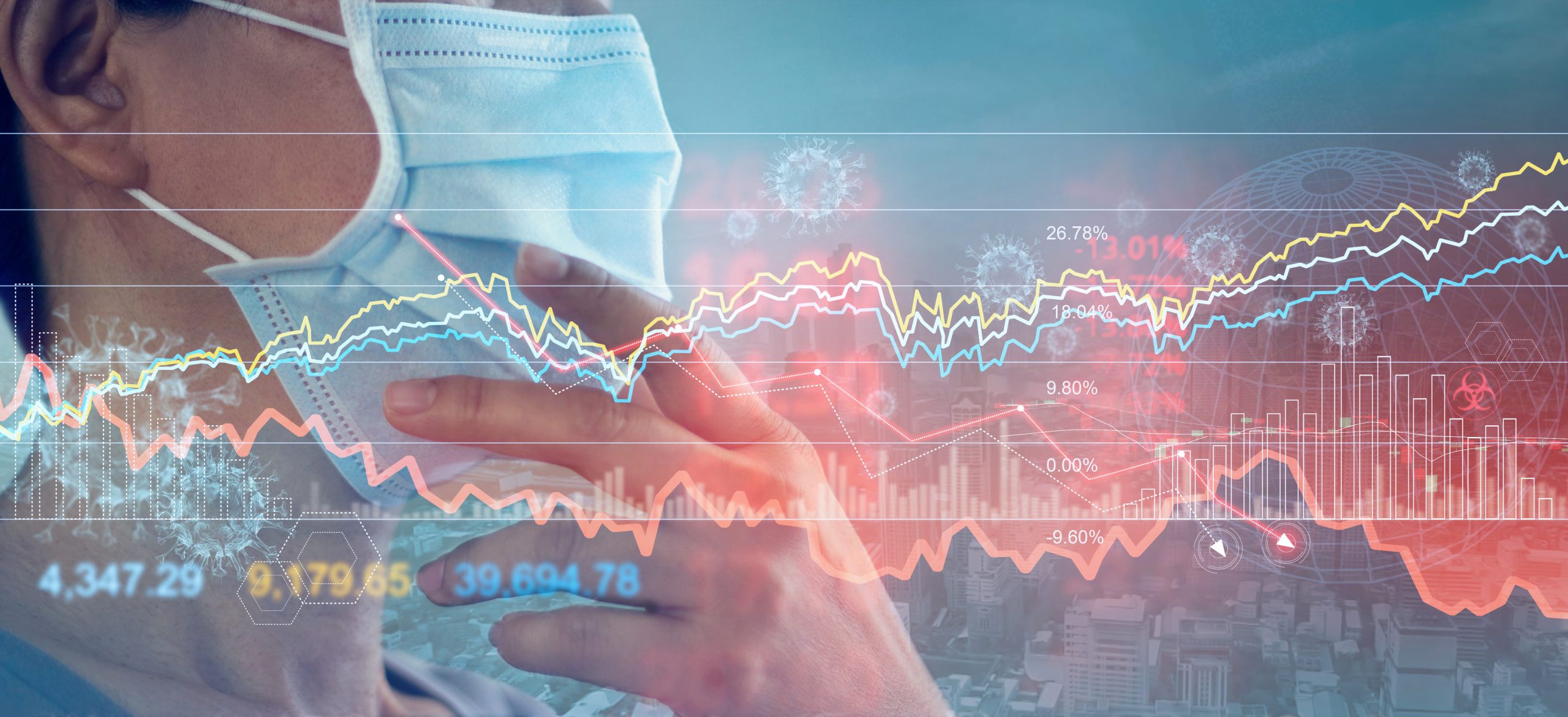
As governments, businesses, and societies grapple with COVID-19, the new report expresses that societal cohesion is more important now than ever
For the last 15 years the World Economic Forum’s Global Risks Report has been warning the world about the dangers of pandemics. In 2020, we saw the effects of ignoring preparation and ignoring long-term risks. The COVID-19 pandemic has not only claimed millions of lives, but it also widened long-standing health, economic and digital disparities. Billions of caregivers, workers and students – especially minorities who were disadvantaged before the pandemic – are now at risk of missing pathways to the new and fairer societies that the recovery could unlock. According to the Global Risks Report 2021, released today, these developments may further impede the global cooperation needed to address long-term challenges such as environmental degradation.
When it comes to technology access and digital skills, the gap between the “haves” and the “have nots” risks widening and challenging social cohesion. This will particularly affect young people worldwide, as this group faces its second global crisis in a generation and could miss out altogether on opportunities in the next decade.
Financial, digital and reputational pressures resulting from COVID-19 also threaten to leave behind many companies and their workforces in the markets of the future. While these potential disparities could cause societal fragmentation for states, an increasingly tense and fragile geopolitical outlook will also hinder the global recovery if mid-sized powers lack a seat at the global table.
Once again, environmental risks dominate by impact and likelihood, looking ahead towards the next decade. Societal fractures, uncertainty and anxiety will make it more difficult to achieve the coordination needed to address the planet’s continued degradation.
For the first time, the report also rates risks according to when respondents perceive they will pose a critical threat to the world. Clear and present dangers (0-2 years) reveal concern about lives and livelihoods – among them infectious diseases, employment crises, digital inequality and youth disillusionment. In the medium-term (3-5 years), respondents believe the world will be threatened by knock-on economic and technological risks, which may take several years to materialize – such as asset bubble bursts, IT infrastructure breakdown, price instability and debt crises. Existential threats (5-10 years) – weapons of mass destruction, state collapse, biodiversity loss and adverse technological advances – dominate long-term concerns.
“Economic and societal fallout from COVID-19 will profoundly impact the way organizations interact with clients and colleagues long after any vaccine rollout. As businesses transform their workplaces, new vulnerabilities are emerging. Rapid digitalization is exponentially increasing cyber exposures, supply chain disruption is radically altering business models, and a rise in serious health issues has accompanied employees’ shift to remote working,” said Carolina Klint, Risk Management Leader, Continental Europe, Marsh. “Every business will need to strengthen and constantly review their risk mitigation strategies if they are to improve their resilience to future shocks.”
Further information
RECENT ARTICLES
-
 Managing cross-border risks in B2B e-commerce
Managing cross-border risks in B2B e-commerce -
 J.P. Morgan launches first tokenised money market fund on public blockchain
J.P. Morgan launches first tokenised money market fund on public blockchain -
 Aberdeen agrees to take over management of £1.5bn in closed-end funds from MFS
Aberdeen agrees to take over management of £1.5bn in closed-end funds from MFS -
 Enterprise asset management market forecast to more than double by 2035
Enterprise asset management market forecast to more than double by 2035 -
 EU Chamber records highest number of entries for 2025 China Sustainable Business Awards
EU Chamber records highest number of entries for 2025 China Sustainable Business Awards -
 Inside Liechtenstein’s strategy for a tighter, more demanding financial era
Inside Liechtenstein’s strategy for a tighter, more demanding financial era -
 ‘Stability, scale and strategy’: Christoph Reich on Liechtenstein’s evolving financial centre
‘Stability, scale and strategy’: Christoph Reich on Liechtenstein’s evolving financial centre -
 Bridging tradition and transformation: Brigitte Haas on leading Liechtenstein into a new era
Bridging tradition and transformation: Brigitte Haas on leading Liechtenstein into a new era -
 Liechtenstein in the Spotlight
Liechtenstein in the Spotlight -
 Fiduciary responsibility in the balance between stability and global dynamics
Fiduciary responsibility in the balance between stability and global dynamics -
 Neue Bank’s CEO on stability, discipline and long-term private banking
Neue Bank’s CEO on stability, discipline and long-term private banking -
 Research highlights rise of 'solopreneurs' as technology reshapes small business ownership
Research highlights rise of 'solopreneurs' as technology reshapes small business ownership -
 Philipp Kieber on legacy, leadership and continuity at Interadvice Anstalt
Philipp Kieber on legacy, leadership and continuity at Interadvice Anstalt -
 Building global-ready funds: how South African managers are scaling through offshore platforms
Building global-ready funds: how South African managers are scaling through offshore platforms -
 Global billionaire wealth hits record as relocation and inheritance accelerate, UBS finds
Global billionaire wealth hits record as relocation and inheritance accelerate, UBS finds -
 Human resources at the centre of organisational transformation
Human resources at the centre of organisational transformation -
 Liechtenstein lands AAA rating again as PM hails “exceptional stability”
Liechtenstein lands AAA rating again as PM hails “exceptional stability” -
 Lusaka Securities Exchange surges ahead on reform momentum
Lusaka Securities Exchange surges ahead on reform momentum -
 PROMEA leads with ESG, technology and trust in a changing Swiss market
PROMEA leads with ESG, technology and trust in a changing Swiss market -
 Why collective action matters for pensions and the planet
Why collective action matters for pensions and the planet -
 Structuring success with Moore Stephens Jersey
Structuring success with Moore Stephens Jersey -
 PIM Capital sets new standards in cross-jurisdiction fund solutions
PIM Capital sets new standards in cross-jurisdiction fund solutions -
 Innovation, advisory and growth: Banchile Inversiones in 2024
Innovation, advisory and growth: Banchile Inversiones in 2024 -
 Digitalization, financial inclusion, and a new era of banking services: Uzbekistan’s road to WTO membership
Digitalization, financial inclusion, and a new era of banking services: Uzbekistan’s road to WTO membership -
 Fermi America secures $350m in financing led by Macquarie Group
Fermi America secures $350m in financing led by Macquarie Group










